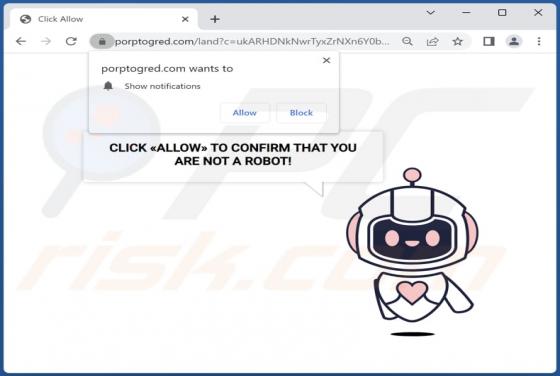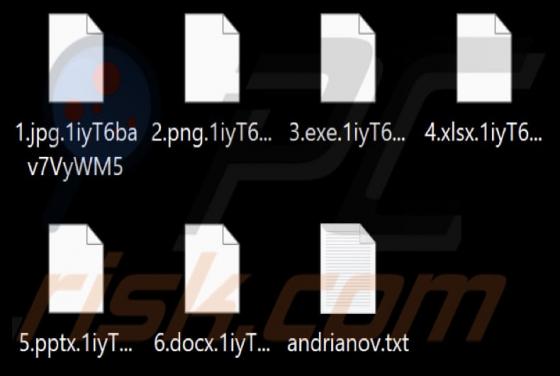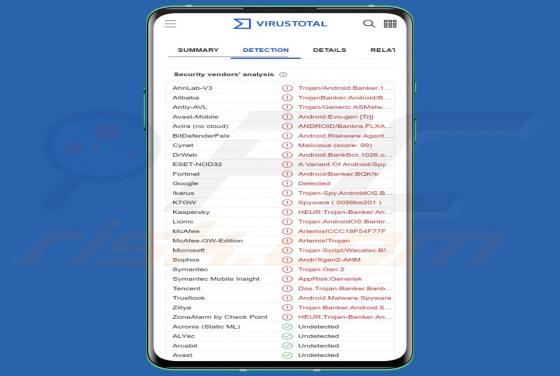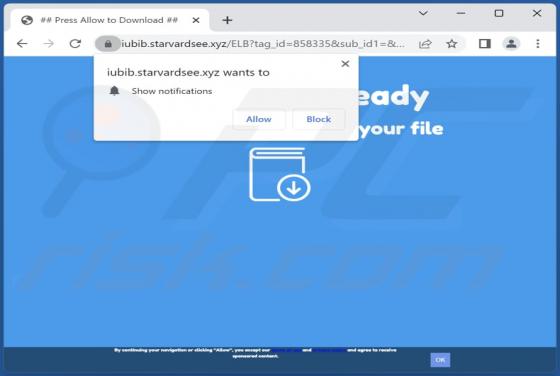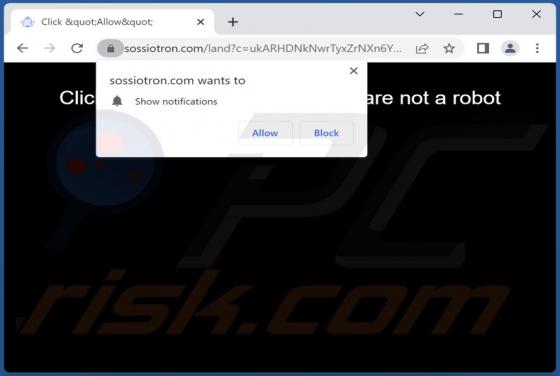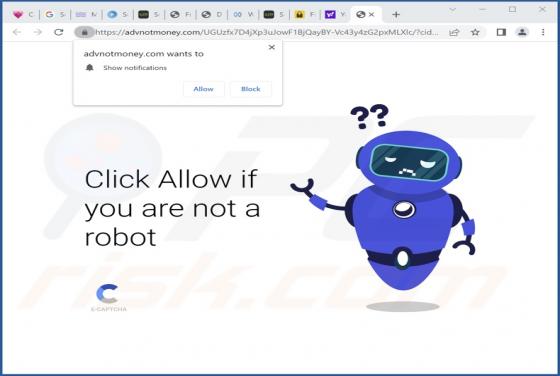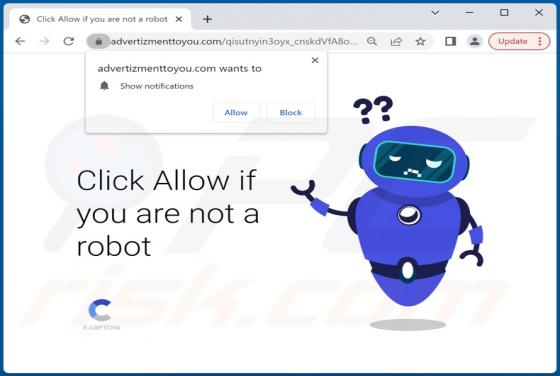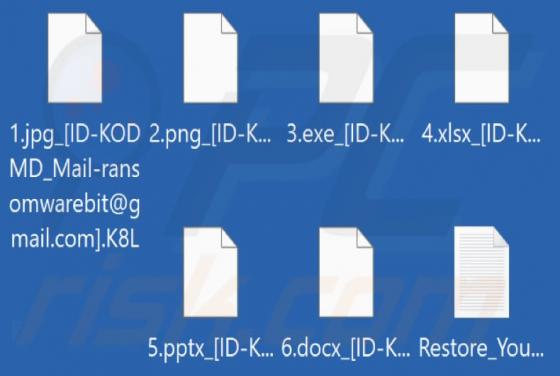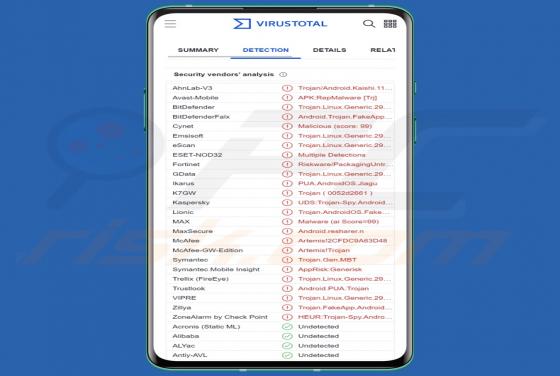
TgToxic Malware (Android)
TgToxic is the name of an Android banking malware. It is a malicious program that seeks to acquire finance-related information. This malware has been active in Southeast Asia as early as July 2022. The initially observed campaigns targeted Taiwanese users and later expanded to Thailand and Indone
